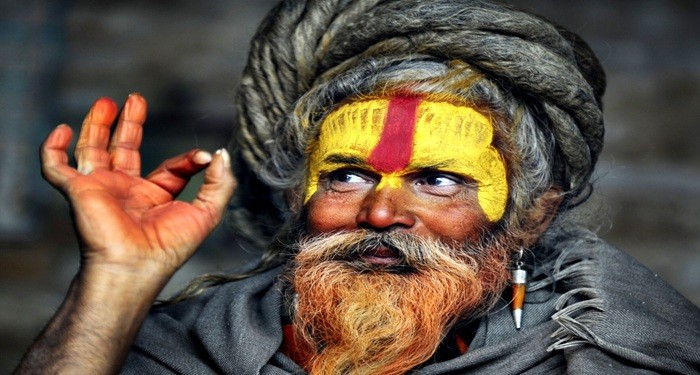The Kumbh Mela is one of the largest and most significant religious gatherings in India, attracting millions of pilgrims. The event, which occurs every 12 years in each location, is deeply rooted in Hindu tradition and is dedicated to the ritual bathing in sacred rivers to cleanse sins and attain spiritual merit.
In 2025, the Kumbh Mela will take place in Prayagraj, Uttar Pradesh, one of the most renowned and ancient venues. The significance of the Kumbh Mela lies in the mythological belief that during the churning of the ocean (Samudra Manthan), drops of the nectar of immortality fell at these four locations, making them sacred. Pilgrims believe that taking a dip in the holy waters at these sites purifies their soul.
In 2025, the event will be marked by numerous religious rituals, cultural performances, processions, and offerings. This grand occasion not only attracts spiritual seekers but also serves as a major cultural and social gathering, showcasing India's diverse traditions.
IMPORTANT DATES HIGHLIGHTS
Paush Purnima (Jan 13):
Paush Purnima marks the full moon day in the month of Paush according to the Hindu lunar calendar. It presents a significant association with the Moon and is hence considered auspicious for taking a holy dip for purification, renewal, and overall cleansing of one’s physical and inner self in the Ganges. It is also the most ideal day for one to seek blessings from the Hindu God of the Moon, Lord Chandra. Devotees observe a specific fast during this day.
Makar Sankranti (Jan 14):
This is one of the most auspicious days in the Hindu calendar, when the Sun makes a transition into the zodiac sign of Capricorn (Makara). It symbolizes the end of winter and the beginning of longer days. The day is considered especially favorable for offering charity to the needy to capture divine blessings, and for taking a dip in the holy river Ganges. Makar Sankranti is also seen to be the ideal time to start things anew, and for reinvention of one’s life and self, similar to the turning of seasons.
Mauni Amavasya (Jan 29):
Occurring on the new moon day, this date is considered the most auspicious day for bathing during the Kumbh Mela. Devotees observe Maun Vrat (the vow of silence, wherein one does not speak at all [the Rishis of India have further described it to be complete silence in one’s inner world]) on this day, reflecting in silence upon their spirituality, and performing rituals believed to grant them deep, inner benefits. The phrase ‘Mauni’ is literally translated as ‘silence’. It is considered an essential part of the journey towards spiritual upliftment, which requires inner peacefulness.
Basant Panchami (Feb 3):
Celebrated as the arrival of Spring, Basant Panchami is dedicated to Saraswati, the Hindu Goddess of Knowledge, and Arts. Devotees wear yellow and offer yellow flowers to Goddess Saraswati accordingly. Educational institutions all around India pay their deepest respects to the Goddess, organizing special prayers. Taking a holy dip on this auspicious day blesses one with knowledge and wisdom.
Achal Saptami (Feb 4):
The date on which Lord Surya (the Hindu God of the Sun) is believed to have been born. A deeply auspicious day that brings about positive emotions, health, and joy to those who worship and perform rituals (including fasting). Observed on the seventh day (Saptami) of the waxing moon phase (Shukla Paksha) in the month of Magha according to the Hindu lunar calendar (January or February in the Gregorian calendar). Taking a holy dip in a river on the day of Achal Saptami represents a promise to change and purify oneself.
Maghi Purnima (Feb 12):
This full moon day is associated with the Hindu god of creation, Brahma. Taking a bath on this day is believed to bring blessings and support from all deities, and it is also associated with the community of saints or Kalpvasis, who live by the river during the entire Kumbh period, having renounced all other comforts.
Maha Shivratri (Feb 26):
This is the day dedicated to Lord Shiva, observed just before the conclusion of the Kumbh Mela. Devotees fast and perform sacred rituals in honour of Lord Shiva. Bathing on this day is believed to honour Lord Shiva, helping devotees attain liberation and blessings from the Lord, and dispel all darkness from their lives. Specific mantras and odes to the Lord are chanted and sung on this day.
What's included?
- Vegetarian Meals - breakfast, lunch, and dinner
- Participation in Yoga and Meditation
- Gaushala Tour
- Participate in cultural events within the camp
- Participate in spiritual sessions on the camp
TRANSPORT - NOT INCLUDED:
- We can provide transport from airport, Varanasi, Lucknow.
